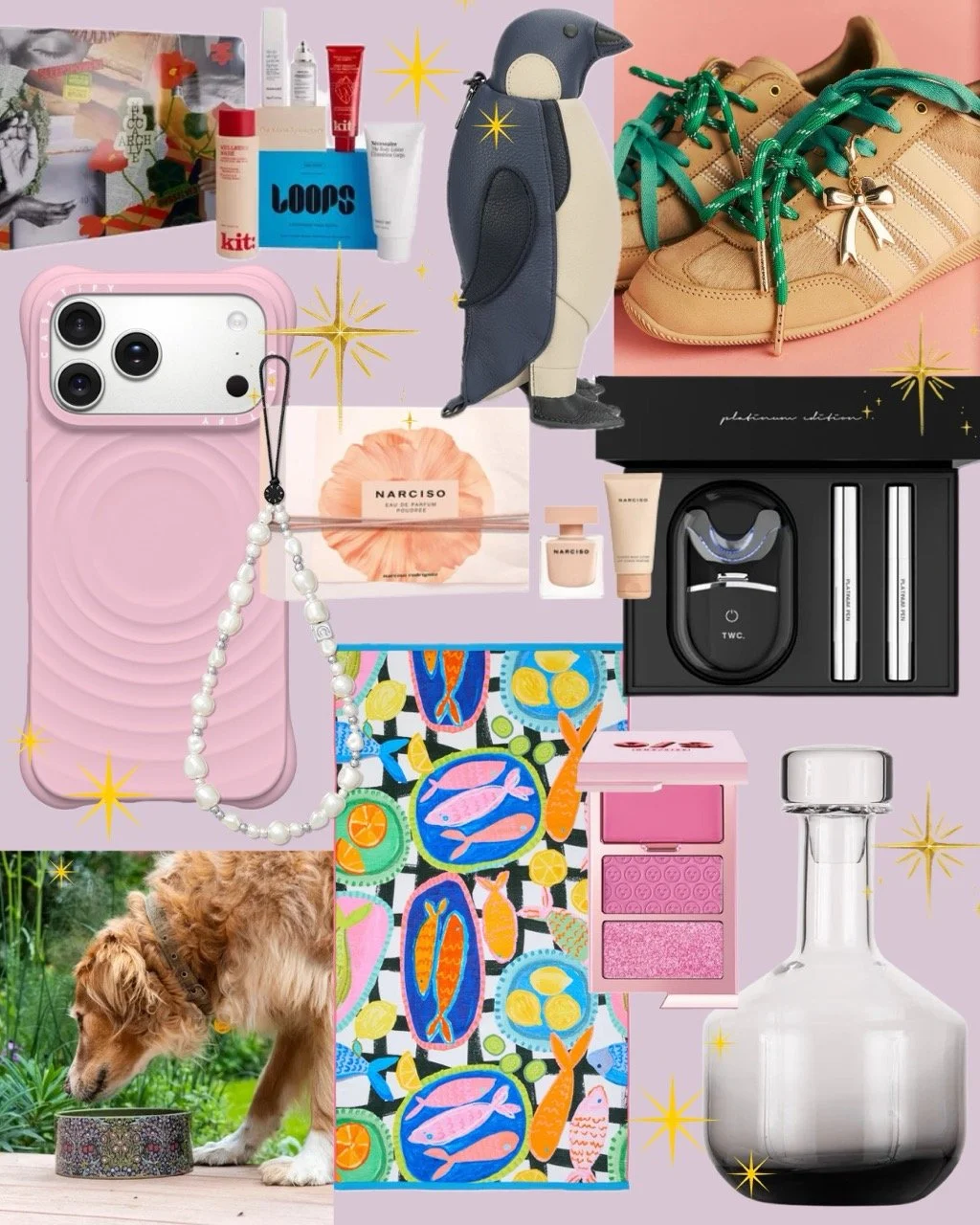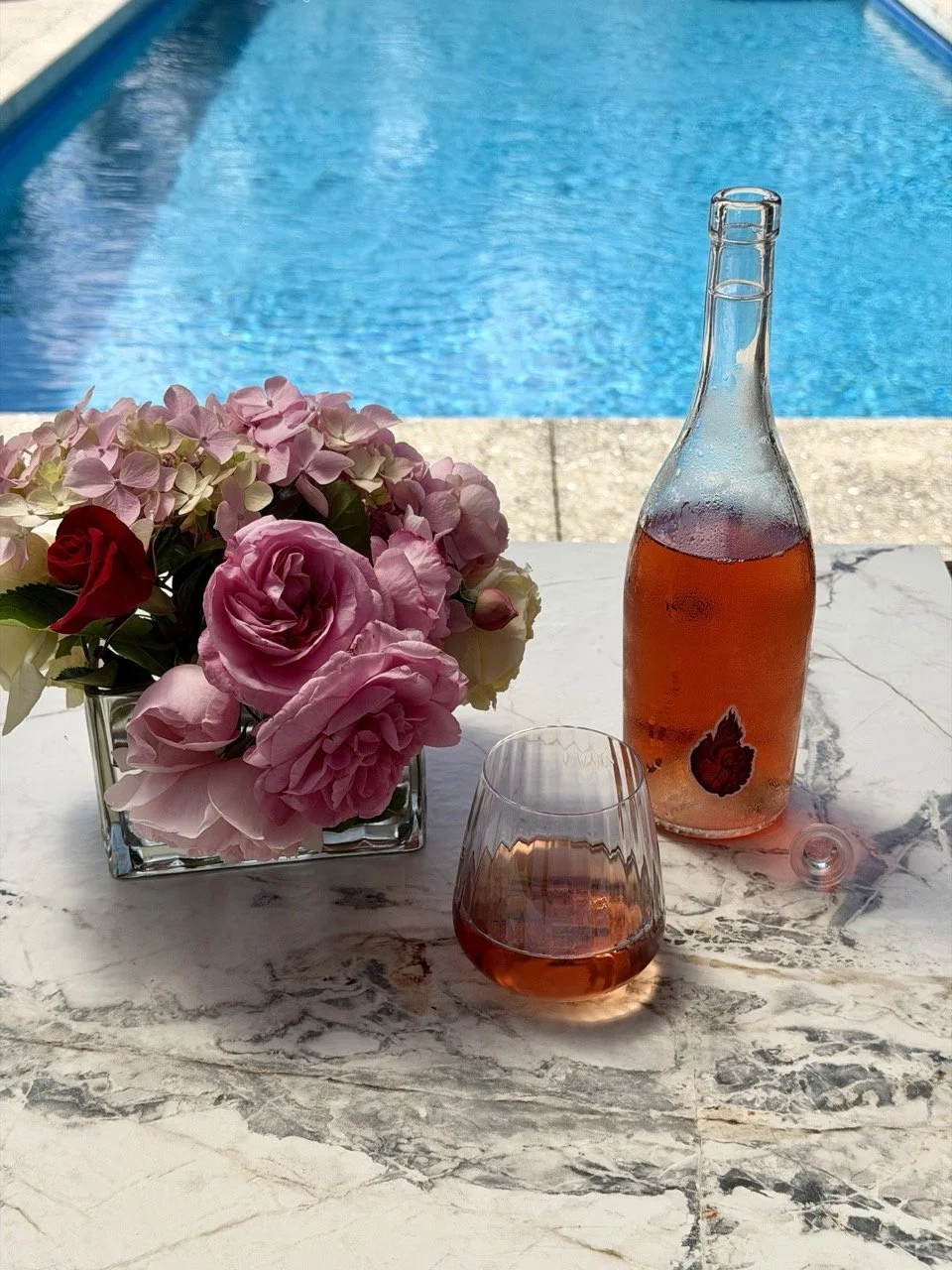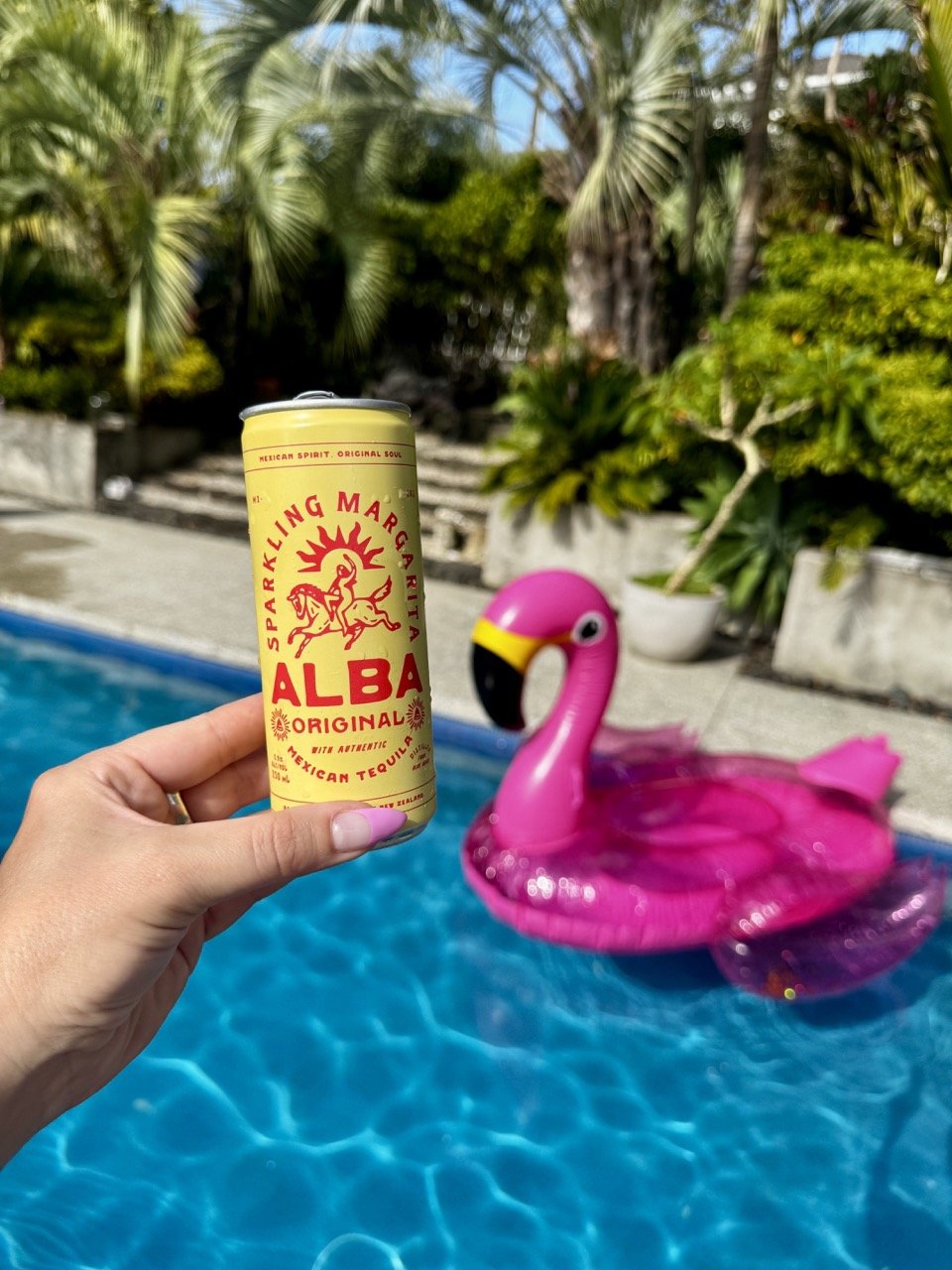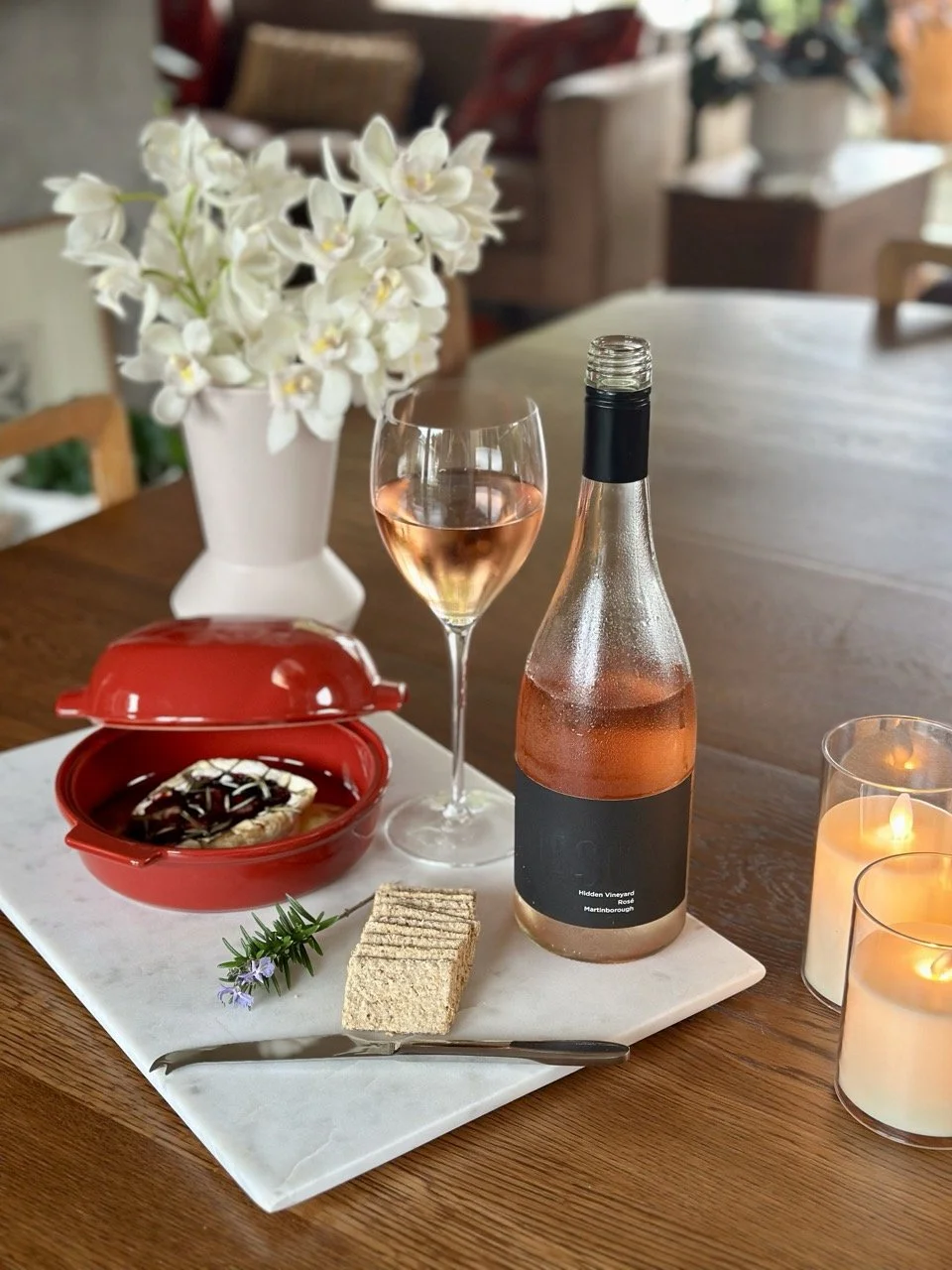Of all the annoyances in life, bladder bother tops the lot, says editor Trudi Brewer. Here naturopath Jane Cronin from Clinicians shares how to support issues, such as frequent and urgent bathroom trips, minor accidents, and discomfort. Read on to learn more.
For those who have a healthy functioning bladder right now, you may never think about it - life is carefree. However, most women can experience issues with their waterworks at some stage in their life.
Read on to learn more.
“Women have drawn the short straw. Not only is this due to our physical makeup and the range of hormonal changes we can experience as women, but we are also more likely to have bladder bother than males.”
What are the essential features of a healthy bladder?
Good bacterial balance, a healthy tone so we can hold our urine comfortably, and a bladder that requires us to empty it frequently, but not too often. Depending on the amount of fluid you drink, we should pee from six to10 times a day, on average.
How do we recognise bladder issues?
The common issues include urinary tract infections or UTI's. Unfortunately, we are more prone to these due to the bowel's proximity to the bladder entrance, which allows harmful bacteria to move across and populate in the bladder. This irritates the bladder lining and leads to symptoms such as the frequent urge to pee burning, and stinging when you do urinate, or cloudy, strong-smelling urine. More severe symptoms are raised temperature, back pain and blood in the urine. At this point, you should see your doctor, as they can be signs that an infection has moved to the kidneys. Other issues include poor bladder tone and bladder irritability or oversensitivity, which means you might experience minor unexpected accidents, when you’re coughing, sneezing, jumping, or other activities that might put pressure on the bladder. Other women might experience the urge to go to the toilet all the time.
What causes these issues?
Regarding UTIs, the most common bacteria to cause these issues is e.coli. Women are more susceptible due to their physical makeup. Still, other factors can influence our susceptibility to bacterial imbalances. A healthy bladder maintains typically a low acidity that helps discourage less beneficial forms of bacteria. This acid balance can change due to changes in our hormones, such as during pregnancy, general hormone imbalances, or oral contraceptives. Bladder tone can change after having children; it's also a problem as we age as the muscles in this area become less toned. Bladder irritability is also common after menopause as local tissues change and become more sensitive after oestrogen levels decline. If you’re having the urge to urinate all the time at night and experience sugar cravings and constant thirst, you might want to go and get your blood sugar levels checked with your GP.
What can we do to keep our bladder in top shape?
There are some excellent behaviours to adopt for bladder health. These include wiping front to back when you go to the toilet, pee after sex if you are prone to frequent infections. Only wash the urogenital area with water, this helps maintain our natural balance of flora. Avoid perfumed soaps in that area or regular bubble baths. Don't put off going to the toilet if you need to go. Pelvic floor exercises can help with tone - a straightforward daily practice is to hold your urine mid-flow to improve muscle strength.
What about diet, can that help?
Coffee and alcohol can cause irritation, so these should be taken in moderation. Water and herbal teas are great to hydrate the body and flush the bladder; a sign you’re not drinking enough is dark, strong-smelling urine. Unsweetened cranberry juice is known to support the bladder and help discourage less favourable bacteria from taking residence. Also, probiotics and fermented foods can help with good bacterial balance in the digestive system, so there are fewer harmful bacteria in the bowel area. There are also specific probiotics available that support a healthy balance in the urogenital area. As far as foo goes increase melon, celery, parsley (unless you are pregnant), asparagus, and cucumber in your diets. As natural diuretics, they encourage healthy urine flow.
Clinicians Bladder Support & Cranberry, 14x sachets, $22.
Clinicians Flora Restore, 30 vege capsules, $21.
As far as supplements go, Clinicians have several products for women including those that can support the bladder with normal tone and healthy bacteria levels.


























Style-inspiring and captivating.